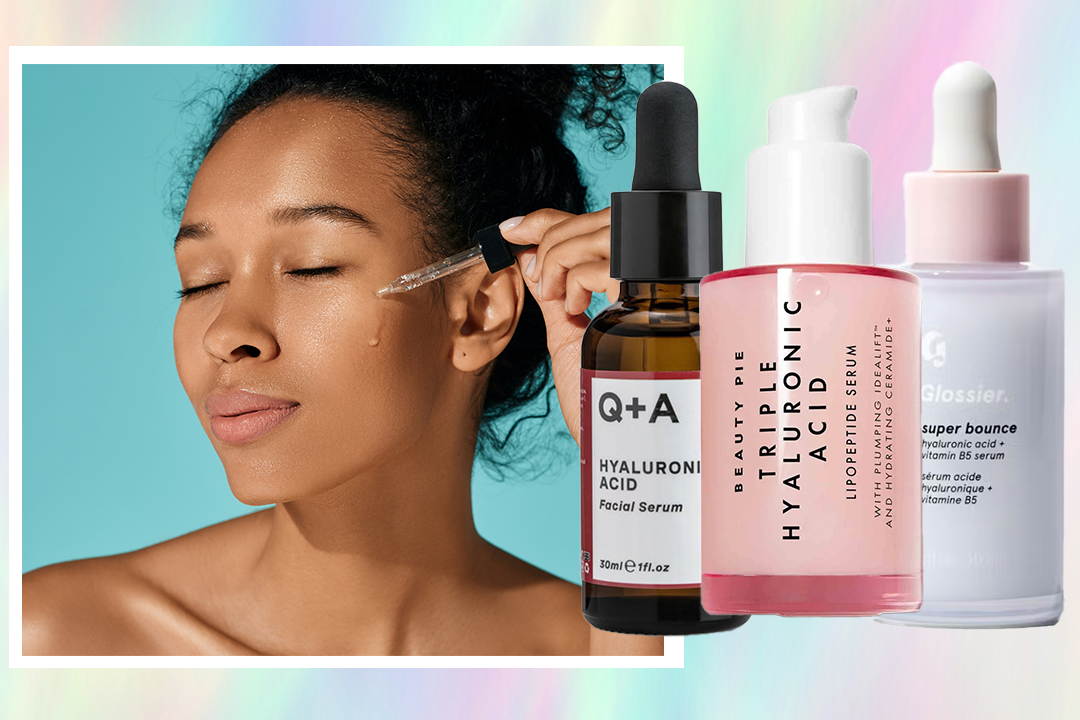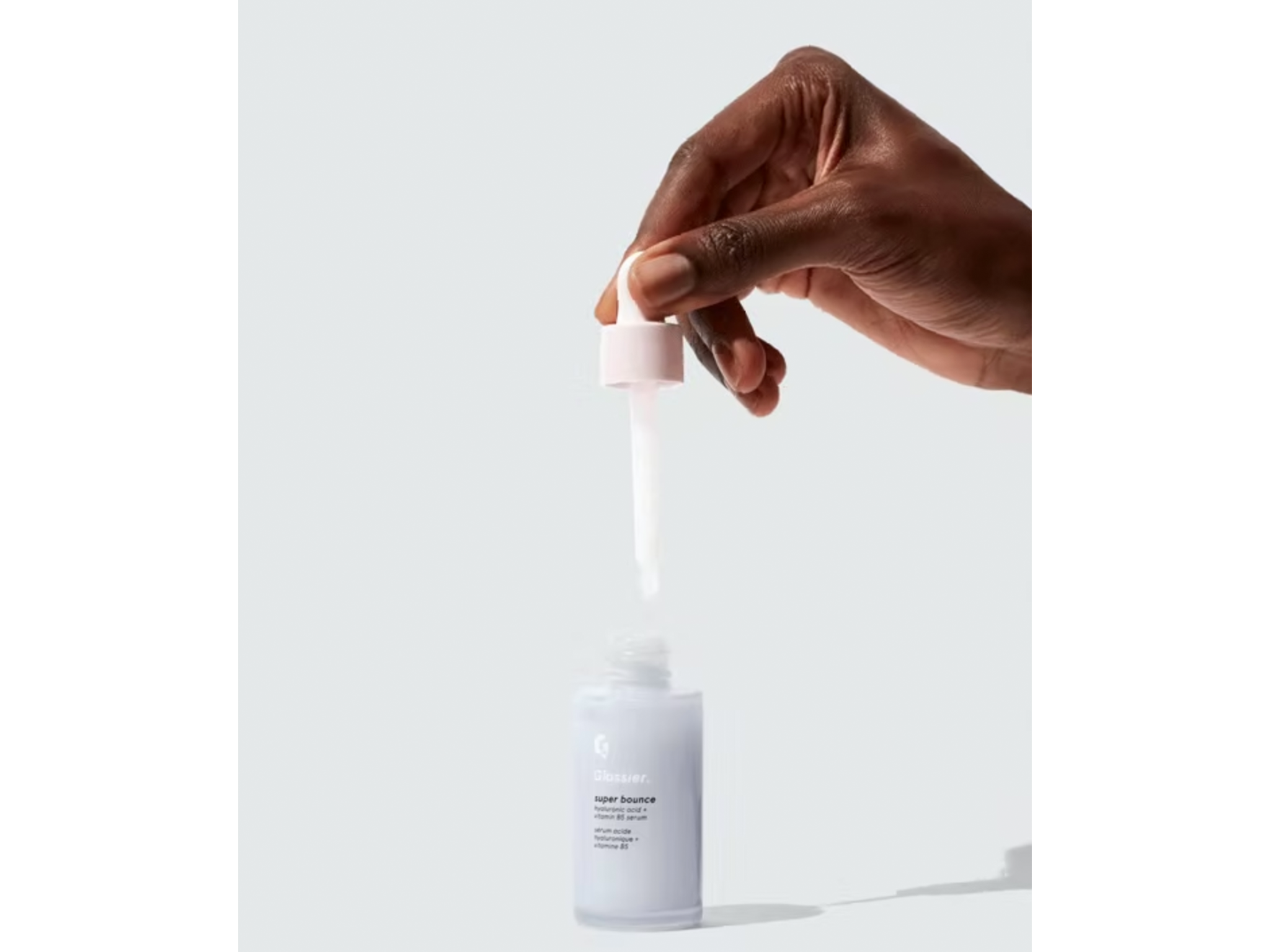The Independent's journalism is supported by our readers. When you purchase through links on our site, we may earn commission. Why trust us?
Everything you need to know about hyaluronic acid, according to an expert
Consultant dermatologist Dr Eirini Merika answers all the key questions

Often touted as the secret to healthy, hydrated skin, hyaluronic acid is a go-to ingredient for every single skin type, even those that are sensitive or acne-prone. It’s no surprise then that beauty buffs, dermatologists and brand formulators all love including the ingredient in skincare products and recommended routines.
While we’ve already reviewed the best hyaluronic acid products to buy, and even found a budget-friendly option that’s sure to satisfy even the toughest of bargain hunters, it’s time to go back to basics to find out exactly what the ingredient is, how it works and what else it can be used with.
Sitting down with Dr Eirini Merika, consultant dermatologist at the Montrose London clinic, we’ve answered all your burning questions. You can thank us later.
What is hyaluronic acid?
“Scientifically speaking, hyaluronic acid (HA) is a high molecular weight polysaccharide found in connective tissue,” explained Dr Merika. “In regular terms, HA is a naturally occurring chemical found throughout tissues such as the skin, eyes, connective tissue and joints.”
It’s actually made within the body, which is why all skin types seem to love it so much. Although to produce the ingredient that comes inside a bottle, the process often includes fermenting certain types of bacteria, but it can also come from the red mohawk that sits on top of a rooster head (called a comb). Just be sure to check the label if you’re after vegan-friendly products only.

What does hyaluronic acid do?
What hyaluronic acid actually does is the key question. Dr Merika explains that “it counteracts ageing by replacing lost volume and increasing collagen production, making the skin more flexible and elastic”. This is why you’ll find it in many dermal fillers and skin-boosting injections.
It’s also incredibly hydrating as “hyaluronic acid attracts water to swell and create volume and provides structural support” in the skin. Plus, “apart from cosmetics, it is widely used in the management of wounds and skin ulcers and for the relief of burning and itching and skin hydration”. So, really it’s a great all-rounder.
Can you use hyaluronic acid with retinol and is it good for acne?
If you’re wondering exactly what retinol is, we’ve also compiled a handy guide on this trending skincare ingredient. But if you want to know if it can be combined with hyaluronic acid, Dr Merika says it absolutely can be. “Not only can retinol and hyaluronic acid be used together, but using them together is likely to yield better results. Hyaluronic acid counteracts the drying effects of retinol on the skin, so it complements acne treatments such as retinol,” she adds.
Plus, as hyaluronic acid “promotes healing (through collagen stimulation), it can help reduce the likelihood of scarring.” In light of this, it’s not uncommon to see products that include the two ingredients together.
What are the best hyaluronic acid products?
Of course, our IndyBest experts have already tried and tested a whole host of hyaluronic acid products and Glossier’s super bounce took the top spot (£32, Glossier.com). It was closely followed by The Ordinary’s option (£9.50, Amazon.co.uk) and Q+A’s bargain buy is also an IndyBest favourite (£7.20, Lookfantastic.com).
Voucher codes
For the latest offers on skincare, make-up and more, try the links below:
Want more hyaluronic acid info? Take a look at our guide to the best ones to buy
